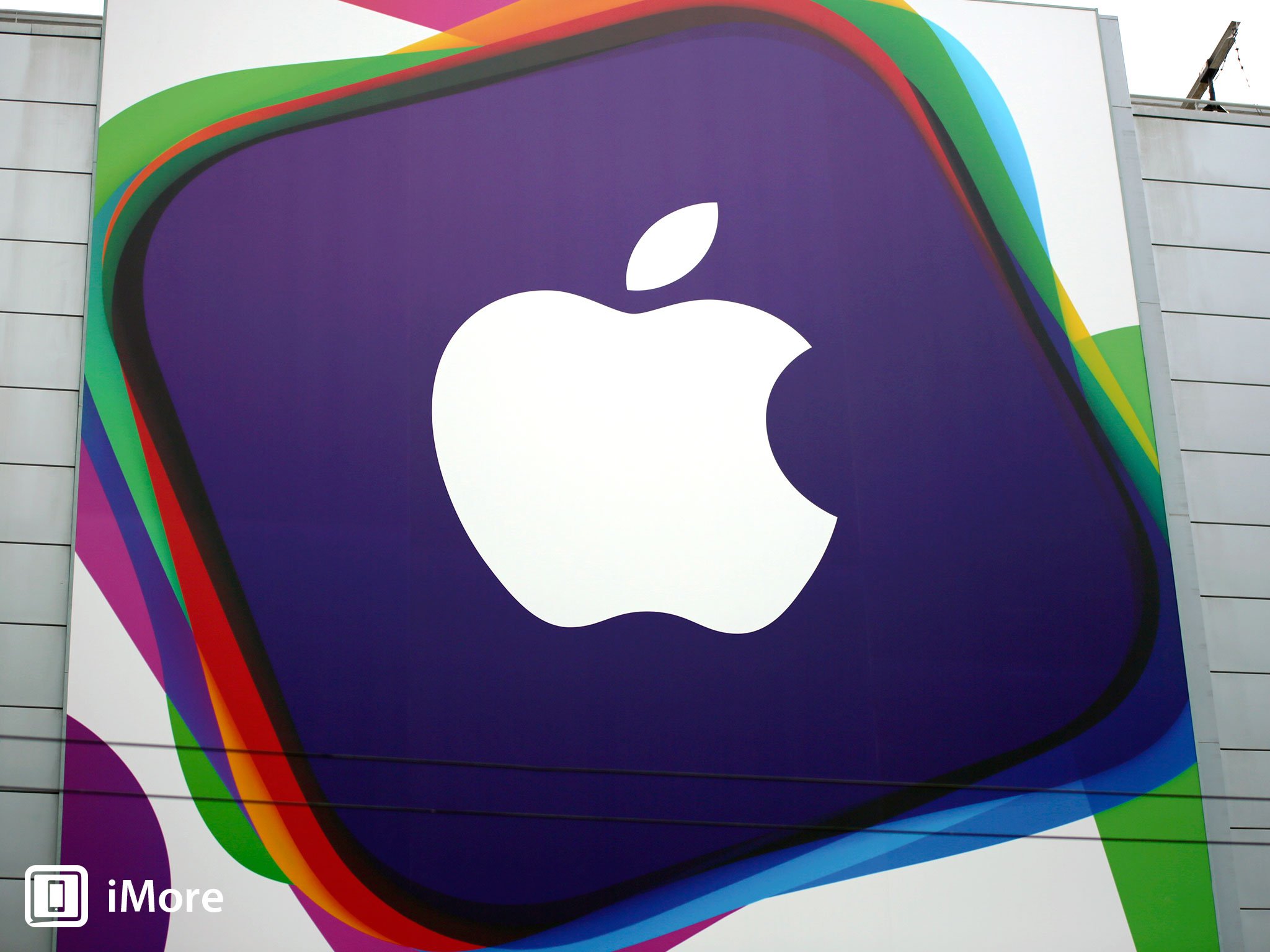Apple's 7 for 1 stock split: What you need to know!

iMore offers spot-on advice and guidance from our team of experts, with decades of Apple device experience to lean on. Learn more with iMore!
You are now subscribed
Your newsletter sign-up was successful
Alongside their Q2 2014 results, Apple announced a 7 for 1 stock split. In other words every share of AAPL will soon become 7 shares of AAPL. Whenever a big company announces a stock split lots of people talk about it as if it's some kind of big deal. It isn't really a big deal at all. Public companies like Apple have their shares traded on a stock exchange where average Joe buyers like you and me can buy and sell. Big money managers can do the same. The total number of shares in existence makes up the entire company. I often explain that it's like cutting a pizza.
If you cut a pizza in to a bunch of pieces. If you have all the pieces, then you have the whole pizza. But if you have one piece out of 10, you own 10% of the pizza. When a company splits its stock, it's just like cutting the pizza slices into smaller slices. If you owned 1% of all Apple shares yesterday you'd still own exactly 1% after the shares are divided into 7 pieces. Nothing changes.
So why split? In the long run it's about liquidity. An asset is "liquid" when it can be easily traded. Famous paintings are not very liquid compared to bank drafts, for example. A house in the suburbs is more liquid than a 20 million dollar mansion because it's generally easier to sell.
Because stocks tend to rise in value, if nobody ever split their shares we'd be looking at stock prices that were out of reach for most investors. Google went public at $85 per share. Anyone who could justify buying stocks could come up with $85 to buy a single share, should they have wanted to. But once the stock reached $1100+ there would be people who could not reach a single share. Some people save a bit of money on each pay check and perhaps invest no more than $500 at a time. Google would be out of reach.
Taken to the extreme, look at Berkshire Hathaway Class A shares, which have never been spit and cost about $191,000 each. I don't know too many people who can swing a single share.
So Apple is splitting its $560+ stock into something that will make it more like a $80 stock. If a $500 purchase was too much for you, I don't think you should buy individual stocks anyway. The commissions (say $9.99) would amount to 2% of your trade, meaning you lose 4% to buy and then sell. That's not smart.
But in time, if Apple didn't split its shares, they'd become more and more out of reach for the average investor just like Berkshire Hathaway. So they've done a split of 7:1, which I think is smart. Instead of splitting the stock 2:1 like most companies, and then having to do it again in a few years, they're getting it done all at once for perhaps the entire next generation of investors. If Apple returned 10% per year for the next 20 years then the stock would return to its pre-split price after that long period of time.
iMore offers spot-on advice and guidance from our team of experts, with decades of Apple device experience to lean on. Learn more with iMore!
So I guess you could say Apple is doing this so it doesn't have to worry about it again for a long, long time. Or you could say that Apple feels very good that its stock price will continue to grow, meaning that a split would eventually become necessary, and they're taking care of the "problem" in advance.
That, in a nutshell, is why investors sometimes consider stock splits to be signals, by the management team, of confidence in the future. If that' the case with a 2:1 split, I think Apple's 7:1 split must signal a LOT of confidence. But I should also point out that it is quite common for management teams to have misplaced confidence. They are not always the best predictors of their own stock price (at least beyond the whort term ... just look at what happened to BlackBerry within a couple years of it's 3:1 stock split)
But let's not worry too much about all of this. At the end of the day Apple is still the same company with the same risks and opportunities. The valuation of the stock (what its worth vs. what you get) won't change after the split.
Don't spend too much time thinking about the split. If you believe in Apple, want to invest in individual stocks and can take a long term approach to investing, then you have at least 3 of the necessary criteria to buy shares. Always buy stock after doing your own due diligence, always understand the risks, and always take responsibility for your own decisions rather than blaming a loss on some analyst who wrote a report that you blindly trusted.
Former sell side analyst, out-of-box thinker, consultant, entrepreneur. Interests: Wife & kids, tech, NLP, fitness, travel, investing, 4HWW.

